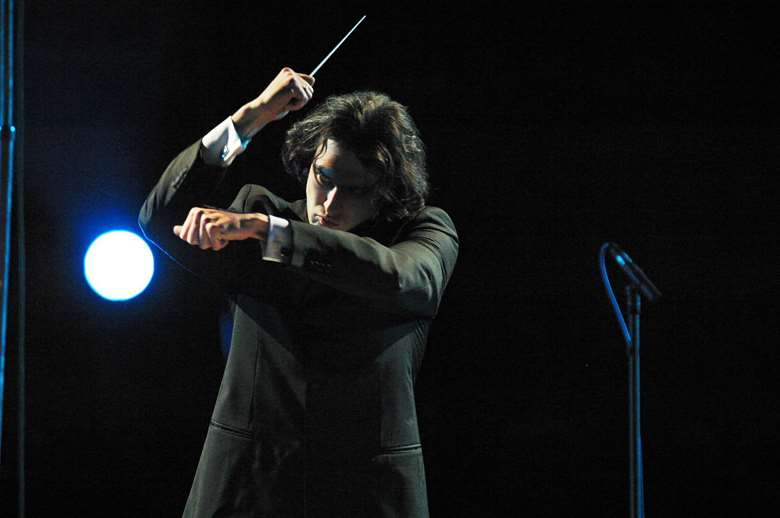The Long View | So it’s farewell to Jurowski, whose LPO tenure was nearly as long as my career
Andrew Mellor
Monday, May 24, 2021
Jurowski's early years with the LPO feel like a world away. Plenty has changed, but plenty hasn’t

Roman Gontcharov

Register now to continue reading
Don’t miss out on our dedicated coverage of the classical music world. Register today to enjoy the following benefits:
- Unlimited access to news pages
- Free weekly email newsletter
- Free access to two subscriber-only articles per month